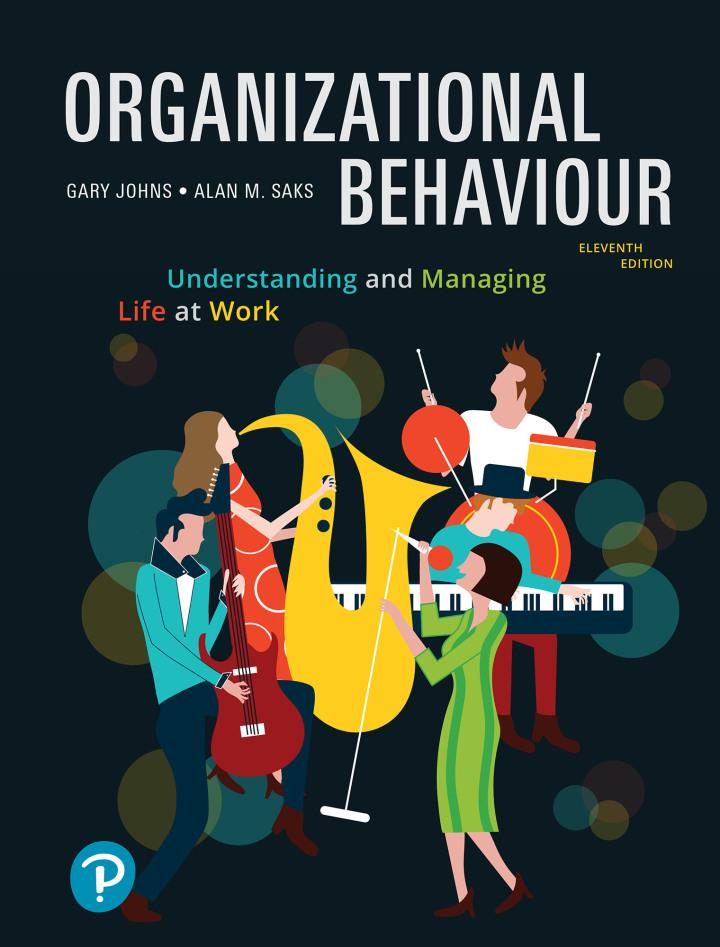About 15 technicians were responsible for the maintenance of machinery. At any one time, one machine would
Question:
About 15 technicians were responsible for the maintenance of machinery.
At any one time, one machine would be set aside for maintenance work.
Ninety percent of the time, a machine that was designated as “in maintenance” actually sat unused.
To Andrew’s dismay, he found that the technicians regularly used the “in maintenance” machine to do moonlighting work to make extra income.
To Andrew, this practice was a clear violation of company rules and regulations, a fact that warranted dismissal of the supervisor of the technicians, who had not only condoned the activity but had actually participated in it.
Jian Wei supported the employees. He argued that the machine would have been left idle anyway, so what was the harm? All activities were conducted outside normal working hours, and the technicians’ jobs were not being neglected. No additional costs were incurred by the factory, except in the operation of the machine. Jian Wei thought that, as boss, Andrew needed to show much more understanding and sensitivity to the issue than he had. It was unfair to single out one person for punishment, especially when the company had not suffered any losses. In addition, Jian Wei was dismayed to hear Andrew talk about dismissing an employee. He said that such practice just was not done in China—no true Chinese person would think about removing a person’s “iron rice bowl.”
Reluctantly, Andrew agreed to Jian Wei’s recommendation to resolve the issue by transferring the technicians’ supervisor to another department.
Problems like these made Andrew very doubtful that the operation in China could ever be turned into a profitable venture. His father had been willing to grant Andrew some time to get the plant up and running before he expected results, but now he was starting to ask questions about why the plant was still losing money and why no trend in the direction of profitability was evident in the financial performance figures. He had recently asked Andrew to come up with a concrete plan to turn the situation around. Andrew was wondering what he could do.
Were cross-cultural differences a factor in the effectiveness of the salary systems? How effective do you think each system would have been if the plant was located in North America?
Step by Step Answer:

Organizational Behaviour Understanding And Managing Life At Work
ISBN: 9780135218549
11th Edition
Authors: Gary Johns, Alan M Saks





